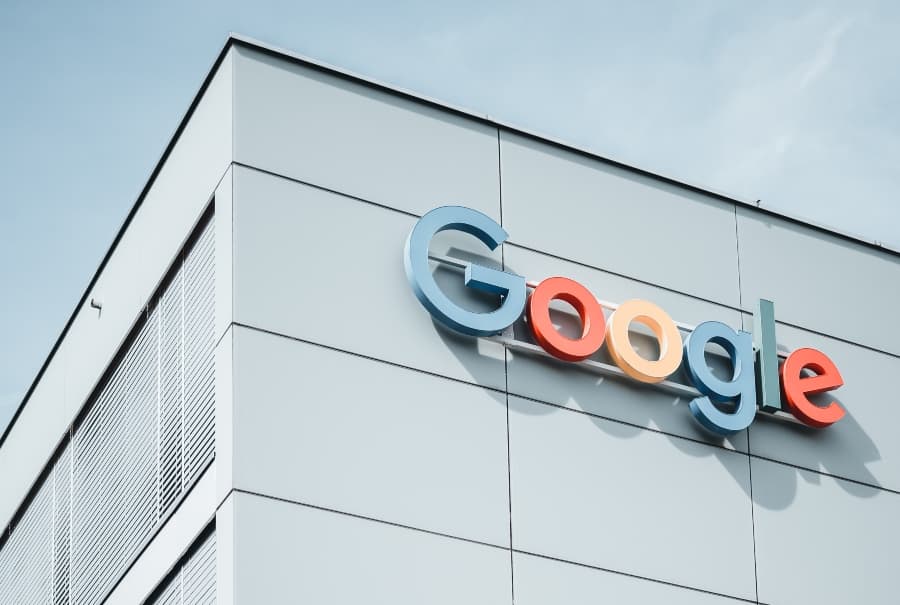Google opens new Accessibility Discovery Centre in consultation with UK charities
Google, in consultation with local partners, has opened a new Accessibility Discovery Centre in London, a space where engineers, researchers, product teams and partners can build new kinds of accessible technologies to remove more of the barriers that people with disabilities face every day.
The local partners involved in building the Accessibility Discovery Centre includes the Royal National Institute of Blind People, the Royal National Institute for Deaf People and Everyone Can, a charity that specialises in technology that can improve and enrich the lives of disabled people, and Google’s internal Disability Alliance employee resource group.
It will be a workshop for research and product development, and a space for collaborating, co-designing and learning with the accessibility and disability communities.
This is Googles first Accessibility Discovery Centre outside the U.S., it builds on years of investment and innovation in helpful technology. Yet its opening is an acknowledgement that Google have much more to do to meet people’s ever-changing needs.
The most recent example of investment in helpful technology is Project Relate, an app which Google is launching in beta in the UK today.
According to Google, roughly 250 million people worldwide have non-standard speech and may have trouble being understood. To help address this, Project Relate enables anyone with non-standard speech to teach the app to understand their unique speech patterns, and easily communicate using three features: Listen, which transcribes their speech into text; Repeat, which repeats what is said in a clear voice; and Assistant, which connects with Google Assistant to help people get things done.
Google says that early testers of Project Relate describe how the app has helped them be better understood and build more meaningful connections. One user, Debra, shared how she went from having less than 10 per cent of what she says being understood by people she’s just met, to having more than 90 per cent of her speech understood. “Relate has changed my life,” Debra said.
People with disabilities are nearly three times more likely to be economically inactive than people without disabilities, according to Google, which is why it has also announced over £1 million in philanthropic funding to help create opportunities for people with disabilities across the UK and Europe to fulfill their potential, through three grants.
In addition, Google is making fully-funded Google Career Certificate scholarships available through residential care company, Leonard Cheshire, in partnership with a global organisation that is building a new environmentally sustainable and socially responsible economy, INCO, to create accessible pathways for people with disabilities into high-growth tech jobs.
Google says that 78 per cent of people who have completed one of its entry-level certifications report a positive impact on their career, such as getting a new job.
The multinational technology company is also providing grant funding for the Royal Mencap Society to deliver digital citizenship and online safety education for children with learning disabilities in the UK. Mencap will create a range of inclusive content based on the Be Internet Citizens curriculum developed by YouTube and the Institute for Strategic Dialogue; and deliver wrap-around care and support.
Furthermore, Google is supporting the European Disability Forum to carry out research into employment barriers for people with disabilities across Europe and the UK, with a focus on the role of digital skills in opening up economic opportunities.
Google says, when people have equitable access to information and opportunities, everyone wins. But people’s needs are constantly changing, throughout their lives or even throughout their day.
Google understands that technology — and direct partnerships with people with disabilities— are key to helping meet the needs of all abilities and making the world’s information more accessible.
Academic, community or charitable/non-profit organisation that wish to visit the Accessibility Discovery Centre can email adclondon@google.com
Recently, Accessible Places became a new Google Maps feature enabling wheelchair users to easily find out whether a location is wheelchair accessible before they leave their homes.
https://thiis.co.uk/google-opens-new-accessibility-discovery-centre-in-consultation-with-uk-charities/https://thiis.co.uk/wp-content/uploads/2022/12/alex-dudar-Google-unsplash-900x605-1.jpghttps://thiis.co.uk/wp-content/uploads/2022/12/alex-dudar-Google-unsplash-900x605-1-150x150.jpgNewsroomSupplier NewsTrade NewsAccessibility,Accessibility Discovery Centre,accessibility solutions,accessible technology,disability access,disability charityGoogle, in consultation with local partners, has opened a new Accessibility Discovery Centre in London, a space where engineers, researchers, product teams and partners can build new kinds of accessible technologies to remove more of the barriers that people with disabilities face every day. The local partners involved in building...Millie YorkMillie Yorkmillie.york@bhta.comEditorTHIIS Magazine


